Banks boost real estate lending
According to VietNamNet's statistics for 14 banks that published detailed analysis tables of outstanding loans for each industry in the first 6 months of 2025, the total outstanding real estate loans of these 14 banks as of June 30, 2025 reached about 891 trillion VND.
Except for LPBank and VPBank, which recorded a decrease, the remaining 12 banks all increased real estate credit compared to the end of 2024. Of which, PVCombank continued to hold the top position, surpassing Techcombank for two consecutive years to become the largest real estate lending bank.
For the securities sector, it is estimated that the total outstanding securities loans of the top 40 securities companies by the end of the second quarter reached a record high of VND285 trillion.
At the regular Government meeting last July, Governor of the State Bank of Vietnam (SBV) Nguyen Thi Hong said: Credit in the whole system in the first 7 months of the year increased by about 10% compared to the end of 2024 - a fairly high increase compared to 6% in the same period last year.
Concerned that credit is flowing strongly into real estate and securities, Governor Nguyen Thi Hong analyzed: The credit growth rate in these two sectors is indeed higher than the average, but that is consistent with the direction of removing difficulties for the real estate market. When the project is cleared of legal obstacles, the need for capital for implementation is inevitable.
In the securities sector, despite rapid growth, outstanding loans only account for 1.5% of total outstanding loans, posing no risk to the entire system. The State Bank of Vietnam affirmed that it will continue to closely monitor safety indicators.
Currently, the ratio of short-term capital used for medium- and long-term loans remains below 30%. At the same time, this agency continuously requires credit institutions to balance capital flows by term to ensure safety for the entire system.

Be careful with real estate credit
According to economist , Associate Professor, Dr. Dinh Trong Thinh, the increase in credit for real estate and securities in the first 7 months of the year is not a cause for concern as the State Bank is orienting credit policy quite well towards each specific industry.
Furthermore, this expert said that credit for two "sensitive" sectors, real estate and securities, has both increased healthily in recent years.
“In principle, outstanding loans do not decrease but only increase, but this increase is good for the market, there is nothing to worry about. Even the US and EU countries have recorded a general increase in the market,” Associate Professor Dr. Dinh Trong Thinh analyzed.
According to Mr. Thinh, in the current economic context, when the legal corridor has been and is being completed, we have learned lessons from the past, so the credit growth for areas such as real estate or securities is not worrying and is still under control.
Speaking with VietNamNet, Associate Professor Dr. Pham The Anh, Lecturer at the National Economics University, said that to accurately assess the level of risk or not for credit for real estate and securities, specific lending data is needed.
Basically, the State Bank does not publish specific data, but only generally announces that credit growth for the two real estate and securities sectors is higher than the general growth rate.
However, the credit pouring into the securities sector is not a cause for concern. “With securities, investors who trade a lot borrow a lot, this is only temporary,” said Mr. Pham The Anh.
"But with real estate, strong credit flows into this sector pose greater risks, because cash flows mainly into projects instead of production. In the context of an economy heavily dependent on real estate, increasing credit for this sector further increases risks," he warned.
Without going into specific comments, this economic expert is concerned that old debts that have not been paid, while new debts are increasing, will push up real estate prices, causing instability in the economy. Therefore, caution is needed in increasing credit for the real estate sector.
“Credit in real estate but with the purpose of constructing and completing projects to bring products to the market at suitable prices is different from hoarding and pushing up real estate prices,” Mr. Pham The Anh noted.
At the regular Government meeting in July, Governor Nguyen Thi Hong affirmed that in the first 7 months of 2025, the SBV has operated monetary policy proactively and flexibly, closely following actual developments. Monetary regulation measures were implemented to simultaneously support growth and control inflation. Monetary indicators also recorded clear growth. Total means of payment increased by 7.5% compared to the end of 2024 - nearly double the increase in the same period last year. In the long term, the Governor emphasized the need for synchronous solutions to support more effective monetary policy. Of these, two proposals are considered key. Firstly , strongly develop the capital market to meet the demand for medium and long-term capital, thereby reducing pressure on short-term capital sources of the banking system. This is the direction agreed by the Government in the latest dispatch. Second , expand the credit guarantee program for small and medium enterprises. If these enterprises are supported to borrow capital through the guarantee mechanism, it will create a strong production motivation from all sectors of the economy. In addition, for sectors such as real estate and infrastructure - which require large medium- and long-term capital - capital should be mobilized through the issuance of corporate bonds, local bonds, or international loans. "Only when capital is mobilized through the right channels and with the right nature can growth be both high and sustainable," Governor Nguyen Thi Hong emphasized. |
Source: https://vietnamnet.vn/bat-dong-san-chung-khoan-hut-von-khung-tu-ngan-hang-co-dang-lo-ngai-2430516.html



![[Photo] General Secretary To Lam attends the 80th Anniversary of the Cultural Sector's Traditional Day](https://vphoto.vietnam.vn/thumb/1200x675/vietnam/resource/IMAGE/2025/8/23/7a88e6b58502490aa153adf8f0eec2b2)





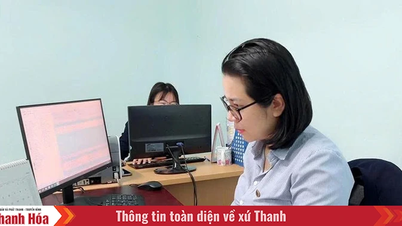

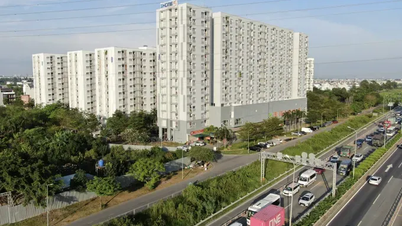

















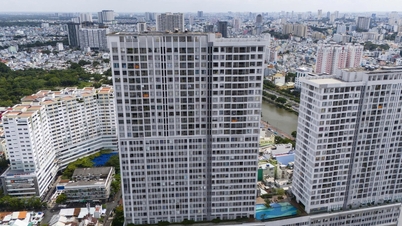









































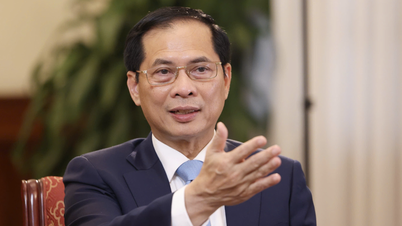





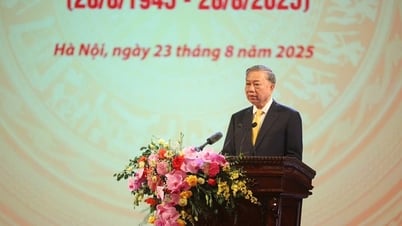
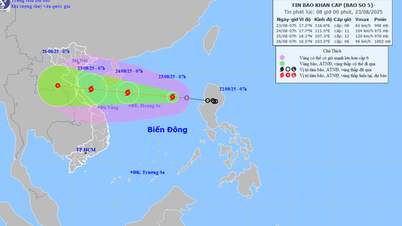











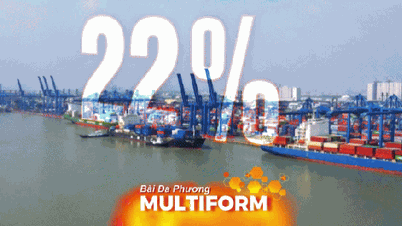















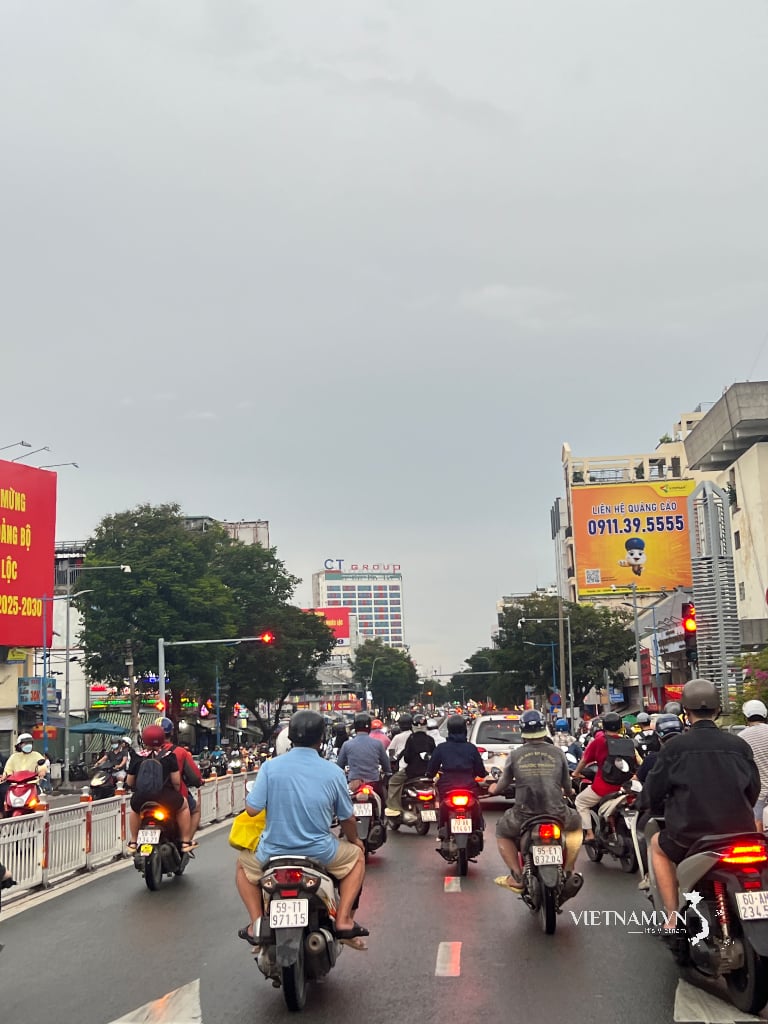

Comment (0)